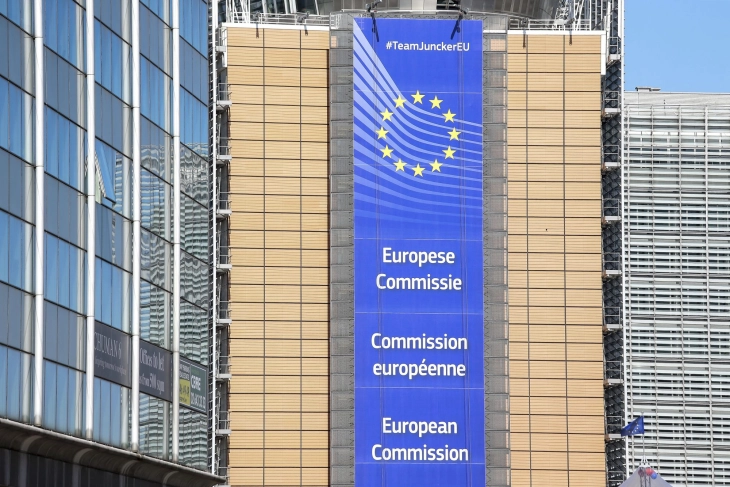EU Commission unfreezes €10 billion in funds for Hungary
- The European Commission unfroze on Wednesday around €10 billion ($10.8 billion) in funds for Hungary, despite ongoing criticism of the rule of law in the country.

Brussels, 13 December 2023 (dpa/MIA) - The European Commission unfroze on Wednesday around €10 billion ($10.8 billion) in funds for Hungary, despite ongoing criticism of the rule of law in the country.
The reforms carried out by Prime Minister Viktor Orbán's government to improve judiciary independence are in "full compliance ... with the requirements we had agreed on," said EU Justice Commissioner Didier Reynders.
"We have received sufficient guarantees to say that independence of the judiciary will be strengthened in Hungary," Reynders said.
The European Union had frozen the money over concerns that too little was being done to uphold the rule of law and combat corruption under Orbán.
Additional EU funds totalling almost €12 billion and further billions in Covid-19 recovery aid however remain blocked.
Breaches "in the areas of public procurement, prosecutorial action, conflict of interest, the fight against corruption and public interest trusts" were not addressed by Budapest and the remaining money will stay frozen, the commission said in a press release.
It remains to be seen whether the release of the funds will have an impact on Orbán's announcement to veto decisions on Ukraine at an EU summit this week.
EU leaders at their Brussels meeting on Thursday and Friday are required to decide unanimously whether to open accession talks with Ukraine and on further financial aid for Kiev worth up to €50 billion.
The government in Budapest has repeatedly threatened to block both decisions.
Moscow-friendly Orbán argued that a decision on enlargement talks would be premature as Ukraine has not yet fully met all requirements laid out last year to start talks.
Starting accession talks is considered a highly symbolic step, which does not guarantee membership, and is followed by very detailed negotiations which can last decades.
Budapest also argued that it was unclear whether previous financial support for Ukraine was used wisely.
The timing of Orbán's vocal opposition led to speculation in Brussels as to whether he was trying to increase pressure to access the funds.
The commission has been accusing Hungary of democratic backsliding and undermining fundamental EU values for years. The Brussels-based executive has launched legal action and taken Hungary to the European Court of Justice several times.
"Today’s decision is however not the end of the process. We will continue to carefully monitor the situation," Commissioner Reynders said.
The European Parliament sharply criticized the decision.
"(European Commission President) Ursula von der Leyen is now paying the biggest bribe in the history of the EU - €10 billion - to autocrat and (Russian President Vladimir) Putin friend Viktor Orbán," said Daniel Freund, a Green EU lawmaker from Germany.
Photo: MIA archive







